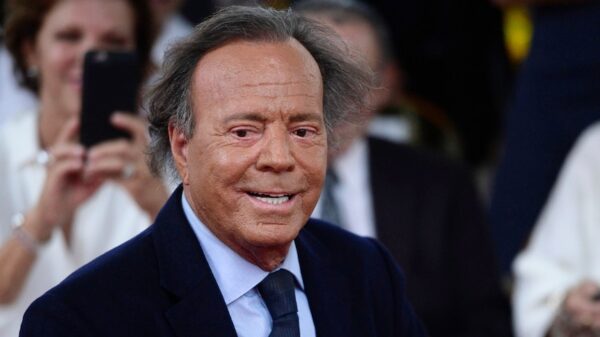The Australian Senate’s recent approval of the terms of reference for an inquiry into illicit tobacco has raised concerns among public health advocates. The Public Health Association of Australia (PHAA) has criticized the inquiry for neglecting to address a critical factor: the influence of the multinational tobacco industry, commonly referred to as Big Tobacco.
Adj Prof Terry Slevin, CEO of the PHAA, emphasized the need for the Senate inquiry to scrutinize the role of established tobacco companies and their Australian operations. He highlighted that “Smoking kills 66 Australians every day,” underscoring the urgency of addressing the public health crisis linked to tobacco use.
Calls for a Comprehensive Examination
Slevin expressed frustration with the inquiry’s focus, stating that it must delve deeper into the tactics employed by Big Tobacco. He noted that the industry has a long history of misleading both the government and consumers. “Over the recent months, we have seen them up to their old tricks running an orchestrated campaign on illicit tobacco,” he said.
The PHAA contends that any inquiry into illicit tobacco should direct attention to the corporate entities that perpetuate smoking-related harm. Slevin’s comments reflect a growing consensus among public health professionals that without addressing the underlying issues posed by the tobacco industry, efforts to combat illicit tobacco will be inadequate.
Focus on Enforcement and Public Health
The organization advocates for a comprehensive approach that includes enhanced enforcement against illicit tobacco sales, initiatives to reduce demand, and support for Australians who wish to quit smoking. Slevin urged that the focus should remain on protecting future generations from the predatory practices of the tobacco industry.
As the inquiry progresses, the PHAA is calling for a balanced discussion that incorporates the significant health implications of tobacco use, alongside the challenges posed by illicit products. By highlighting the need for accountability from Big Tobacco, advocates hope to steer the conversation towards more effective public health strategies.
The ongoing dialogue surrounding the Senate inquiry will likely shape Australia’s approach to tobacco control and public health policy in the years to come.

































































